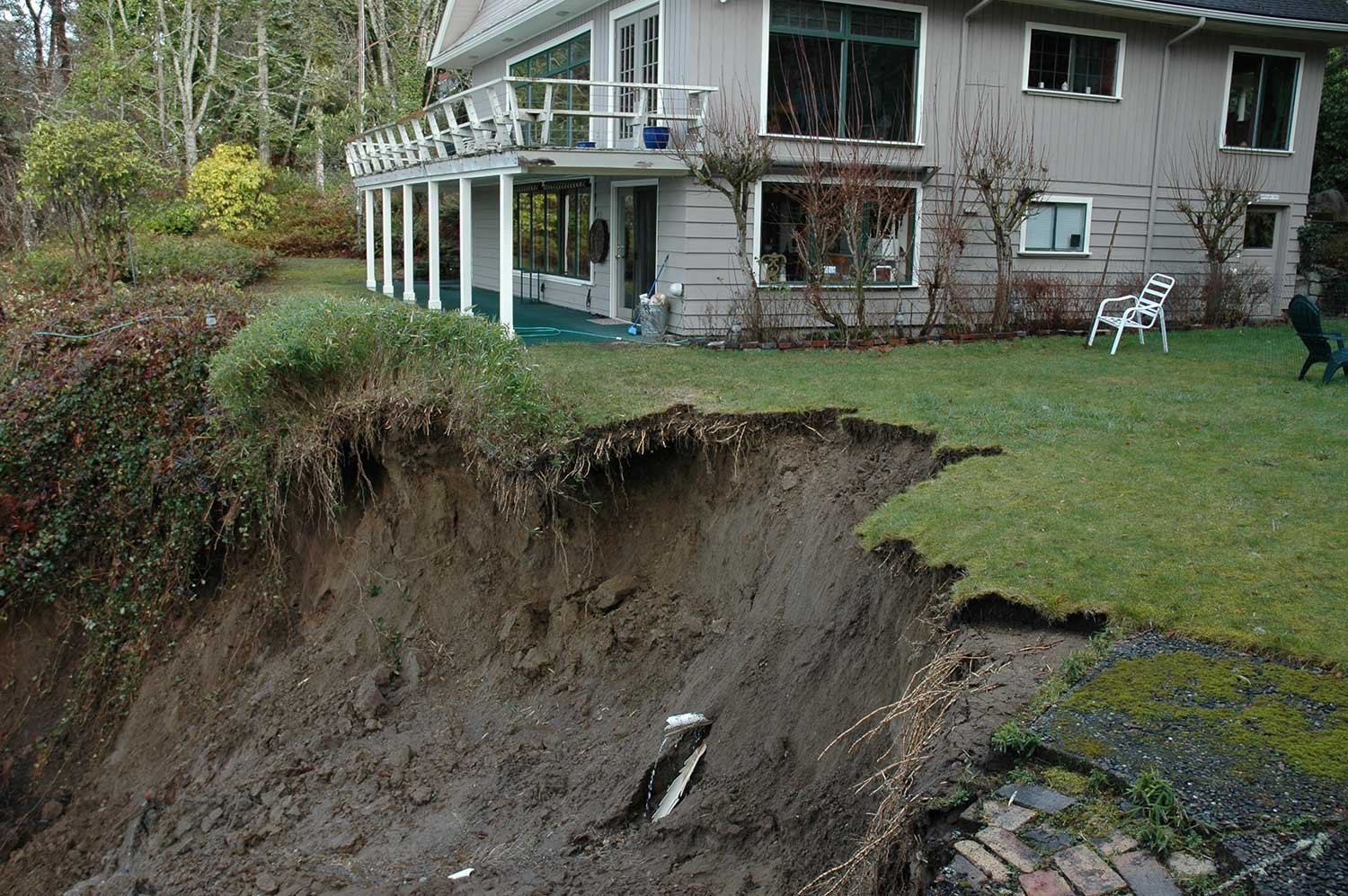
Geologic Hazards
Documenting and Regulating Geologic Hazards: A Primer for City, County, and State Governments
Following the Oso landslide in Washington State in early 2014, city and county governments throughout the state of Washington and beyond were faced with new concerns: Did they have adequate knowledge of the geologic hazards in their area, and were their existing land use regulations sufficient to address potential risks to development? Local governments and state governments across the United States experienced a period of self-examination, with some concluding they were adequately covered on both fronts, and others being faced with this dilemma for the first time. Few had resources to initiate or improve the documentation of hazards in their area, making moot any question of updating existing regulations.
This same process occurs regularly in other nations, too, usually following a particularly destructive event, such as a flood, earthquake, or volcanic eruption. Local and state governments, which are usually those responsible for documenting geologic hazards and regulating land use and construction within their borders, often have the least ability to address geologic hazards. This is particularly true for those hazards that are just now being defined, and where existing buildings and critical infrastructure predate knowledge of the geologic hazards.
Our goal with this project is to craft a concise guide on how to deal with geologic hazards of all types in the regulatory environment, beginning with the definition and documentation of known hazards and ending with tips for regulating geologic hazards.
This guide will be of value to city and county governments nationwide (and internationally) and it will assist geologists and non-geologists alike in addressing hazards that could include sinkholes, subsurface mine collapse and other subsidence, active landslides, seismic hazard zones, expansive soils, and others.

“Living in Italy, a country prone to geological disasters, I have deep consciousness of the importance of Geology for the interest and safeguard of citizens. And of how we would greatly benefit from the presence of a strong association like Geology in the Public Interest, that we don’t have…”
— Dr. Bernardo Cesare, Department of Geosciences, University of Padova, Italy
